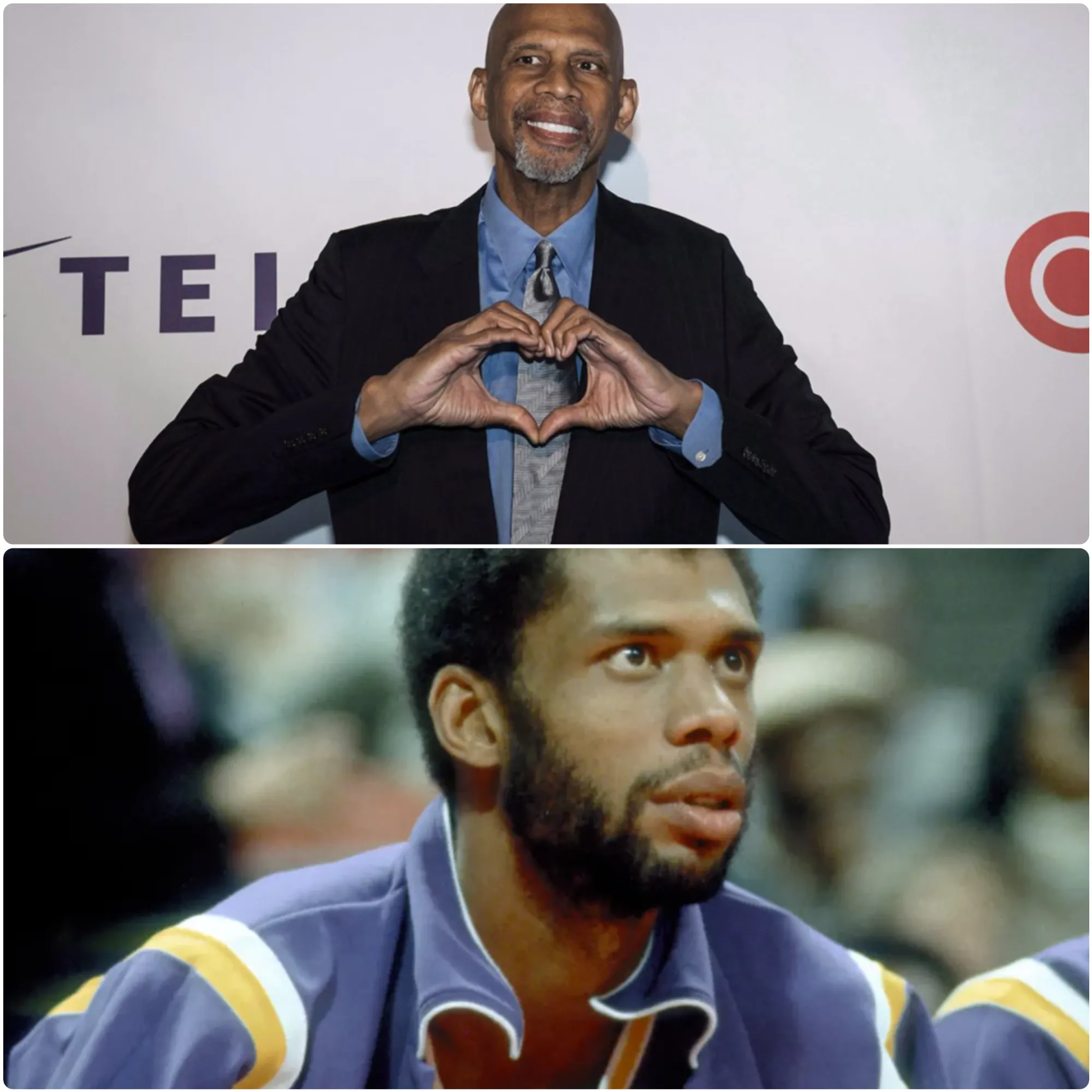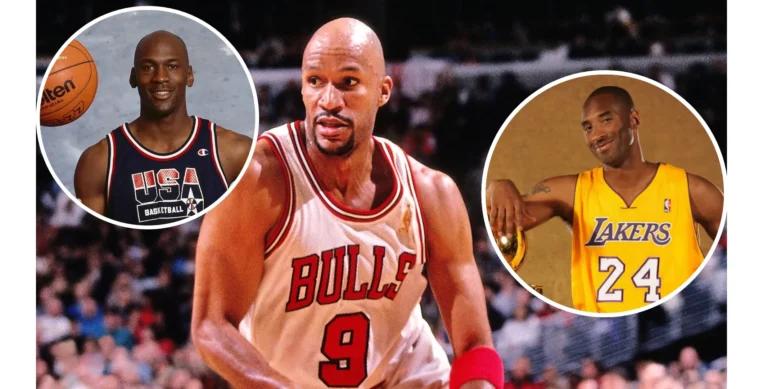NBA Legend Kareem Abdul-Jabbar Files Lawsuit Against NFL Player Over Name: Shocking Legal Battle Explained

NBA Legend Kareem Abdul-Jabbar Files Lawsuit Against NFL Player Over Name: Shocking Legal Battle Explained
Did you know that NBA legend Kareem Abdul-Jabbar once sued an NFL player for using his name? In a surprising legal dispute, Kareem Abdul-Jabbar, the iconic Lakers star, filed a lawsuit against Miami Dolphins player Karim Abdul-Jabbar over their shared name. The lawsuit sparked public interest and raised questions about personal branding, legacy, and intellectual property.

Table of Contents
ToggleKareem Abdul-Jabbar: A Basketball Legend
Before diving into the legal battle, let’s revisit why Kareem Abdul-Jabbar’s name carries so much weight. Originally born as Ferdinand Lew Alcindor, Abdul-Jabbar rose to basketball fame in the 1960s. His career skyrocketed when he played for UCLA, where he led his team to three consecutive NCAA championships. His undeniable skills earned him the top overall pick in the 1969 NBA Draft, setting the stage for an illustrious career.
Starting with the Milwaukee Bucks, Abdul-Jabbar’s debut season resulted in an NBA championship alongside teammate Oscar Robertson. But it was with the Los Angeles Lakers that he cemented his legendary status. Wearing his famous number 33 jersey, he led the Lakers to five NBA championships. By the time of his retirement, Abdul-Jabbar was the NBA’s all-time leading scorer—a record that stood for decades. His dominance on the court made him one of the greatest athletes in basketball history.
The Name Conflict: Abdul-Jabbar vs. Abdul-Jabbar
Fast forward to 1997, years after Kareem Abdul-Jabbar had hung up his jersey. His name and legacy remained influential in the sports world. However, controversy erupted when Sharmon Shah, a running back for the Miami Dolphins, changed his name to Karim Abdul-Jabbar. Not only did Shah adopt the same name, but he also wore the number 33 jersey, mirroring Kareem’s famous number from his Lakers days. The similarities were impossible to ignore—same name, same jersey number, and the same UCLA background.
Shah’s name change occurred during his final year at UCLA, the same university where Kareem had become a basketball legend. As a professional football player, Shah fully embraced his new name, Karim Abdul-Jabbar, which raised eyebrows and sparked outrage, especially from the basketball icon himself.

The Lawsuit: A Fight to Protect Kareem’s Legacy
Kareem Abdul-Jabbar felt that Shah’s decision to take on his name and number infringed on his personal brand and legacy. In response, the basketball great filed a lawsuit against Shah, arguing that the NFL player’s use of his name and jersey number amounted to misappropriation of his likeness. The lawsuit sought to prevent Shah from profiting from the sale of merchandise featuring the name “Abdul-Jabbar” and the number 33. Kareem’s legal team argued that such actions could confuse consumers and damage the legacy he had spent decades building.
For Kareem Abdul-Jabbar, the case wasn’t just about legal rights—it was about protecting the brand he had painstakingly built throughout his career. His name was synonymous with excellence, and he wanted to ensure that no one could exploit that legacy for financial gain.
Karim Abdul-Jabbar’s Defense: Personal and Spiritual Motivation
On the other side of the legal battle, Karim Abdul-Jabbar (formerly Sharmon Shah) defended his decision to change his name. Shah explained that his name change was inspired by an imam and was rooted in his spiritual beliefs. According to Shah, the name “Abdul” means “servant of,” and “Karim” refers to “the most generous,” attributes of God. Shah argued that his name change was not an attempt to capitalize on Kareem Abdul-Jabbar’s fame, but rather a deeply personal and spiritual choice.
In his defense, Shah pointed out that no one, including Kareem, could exclusively claim ownership over religiously significant names. Despite his explanations, the lawsuit pressed on, garnering significant media attention.

The Legal and Branding Implications
The Abdul-Jabbar lawsuit drew attention to a broader issue: how public figures protect their personal brands and intellectual property. Kareem Abdul-Jabbar’s case highlighted the challenges famous individuals face in safeguarding their names, even years after their careers have ended. Public figures must constantly defend their names and legacies from unauthorized use, especially when others try to profit from their established brands.
For Kareem Abdul-Jabbar, this lawsuit was about more than just legalities. It represented a defense of the name and reputation he had worked hard to build. His career, built on decades of excellence, was something he wasn’t willing to let anyone diminish.
Conclusion: A Legacy Worth Defending
Kareem Abdul-Jabbar’s legal dispute with Karim Abdul-Jabbar brought up complex issues surrounding personal branding and legacy. For a sports icon like Kareem, his name represents a lifetime of achievements and deserves protection. Even in retirement, Kareem showed the world that his legacy—and his name—are worth defending.
This case serves as a reminder of the lasting power of a name and the importance of safeguarding one’s brand, even in an ever-evolving sports landscape. Kareem Abdul-Jabbar’s fight wasn’t just a legal battle; it was a statement to the world that his name, synonymous with greatness, remains untouchable.
By the end of this highly publicized lawsuit, one thing was clear—Kareem Abdul-Jabbar’s legacy is more than just a name; it’s a lasting symbol of excellence that transcends time.






